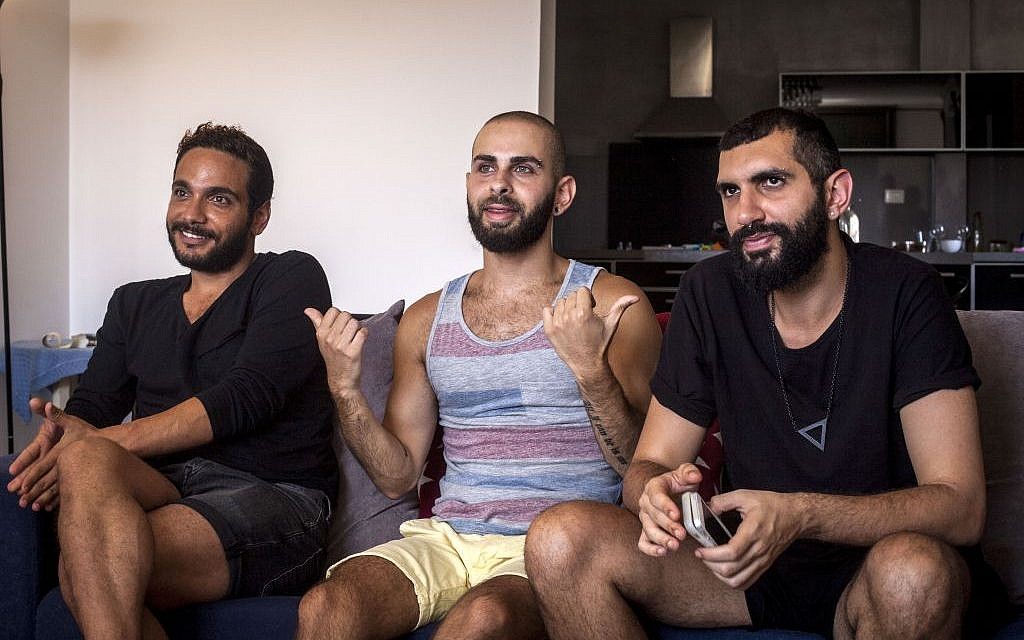
Everything in Mashrou’ Leila’s early years was improvised: they won the opportunity to record their debut album in a radio competition and promoted concerts by spraying graffiti in the alleyways of Beirut. There was no national infrastructure to support them. Their surprise was partly down to the fact that few independent Lebanese musicians had made it big before. It can’t be absurd to the western imagination that many liberal Arabs are inclined towards gender and sexual diversity Hamed Sinno Yet their early songs, such as Shim El Yasmine (Smell the Jasmine), a tender ballad about abandoning a gay lover for a prescribed marriage, and the Balkan jazz-style hoedown of Raksit Leila, shot them to unexpected stardom. “The band wasn’t meant to last forever.” This was reflected in their name, which means “overnight project”.


“We didn’t have expectations,” says drummer Carl Gerges in French-accented English.

Mashrou’ Leila from left to right: Firas Abou Fakher, Carl Gerges, Haig Papazian and Hamed Sinno (front).


 0 kommentar(er)
0 kommentar(er)
